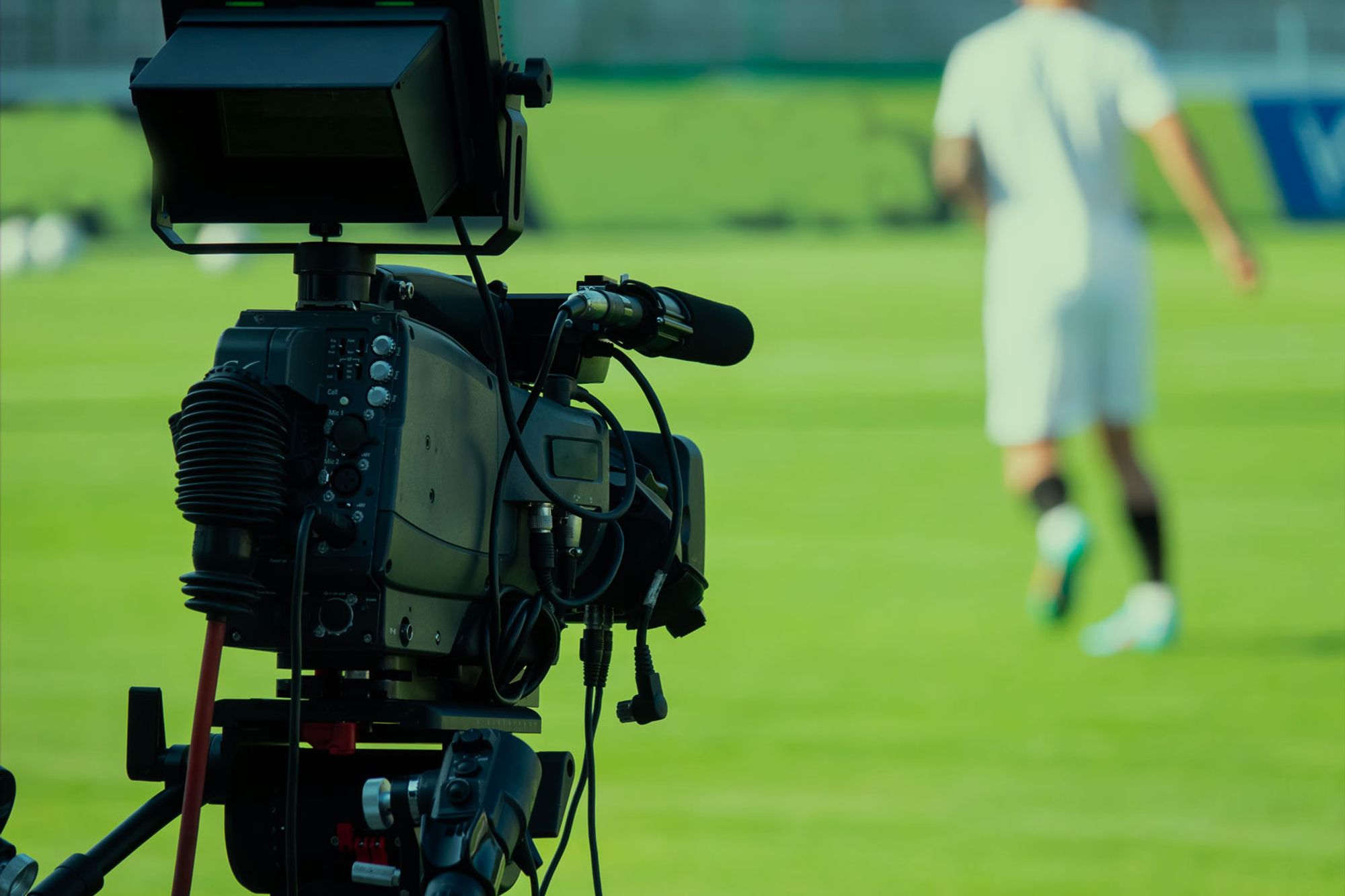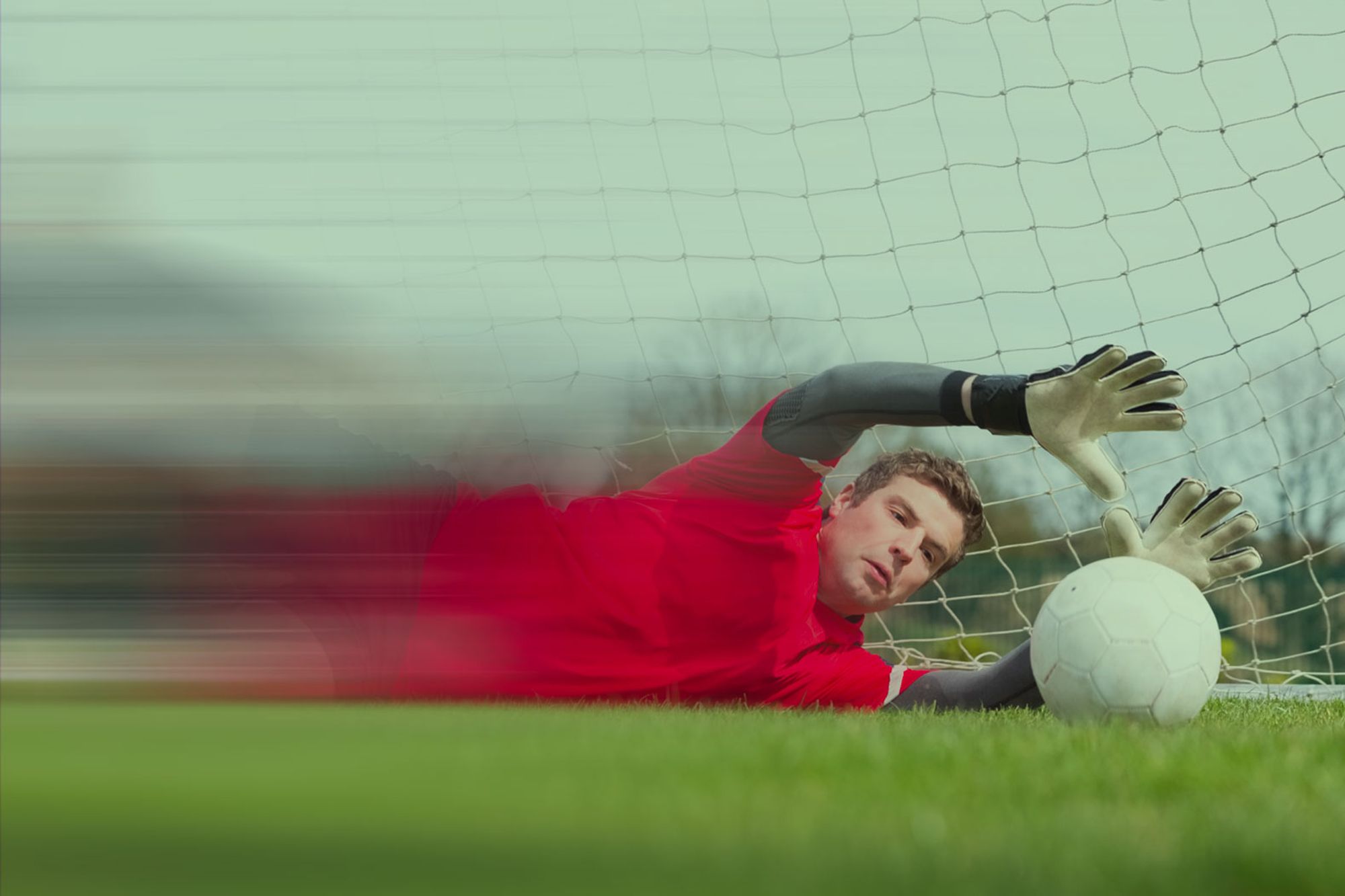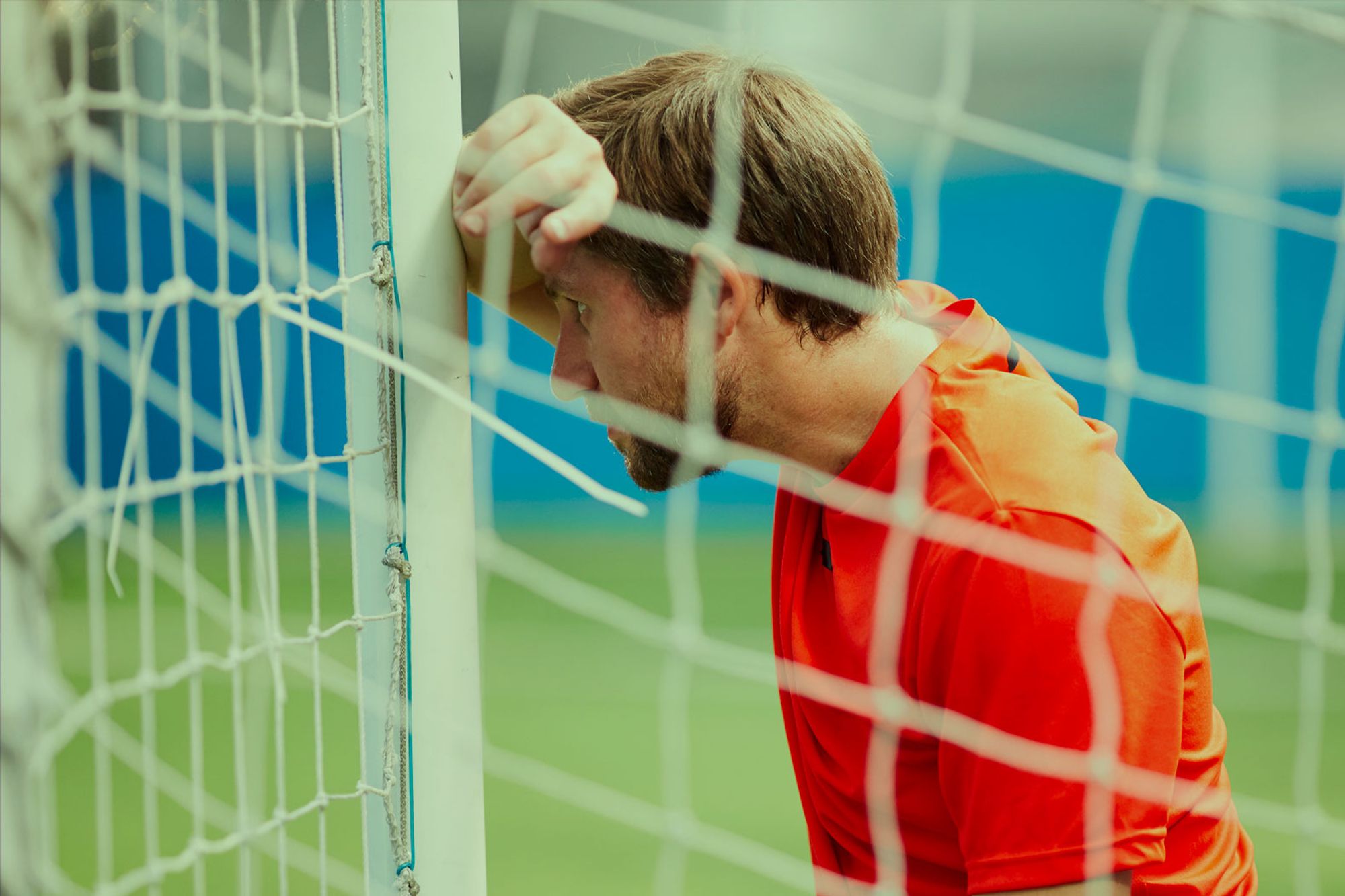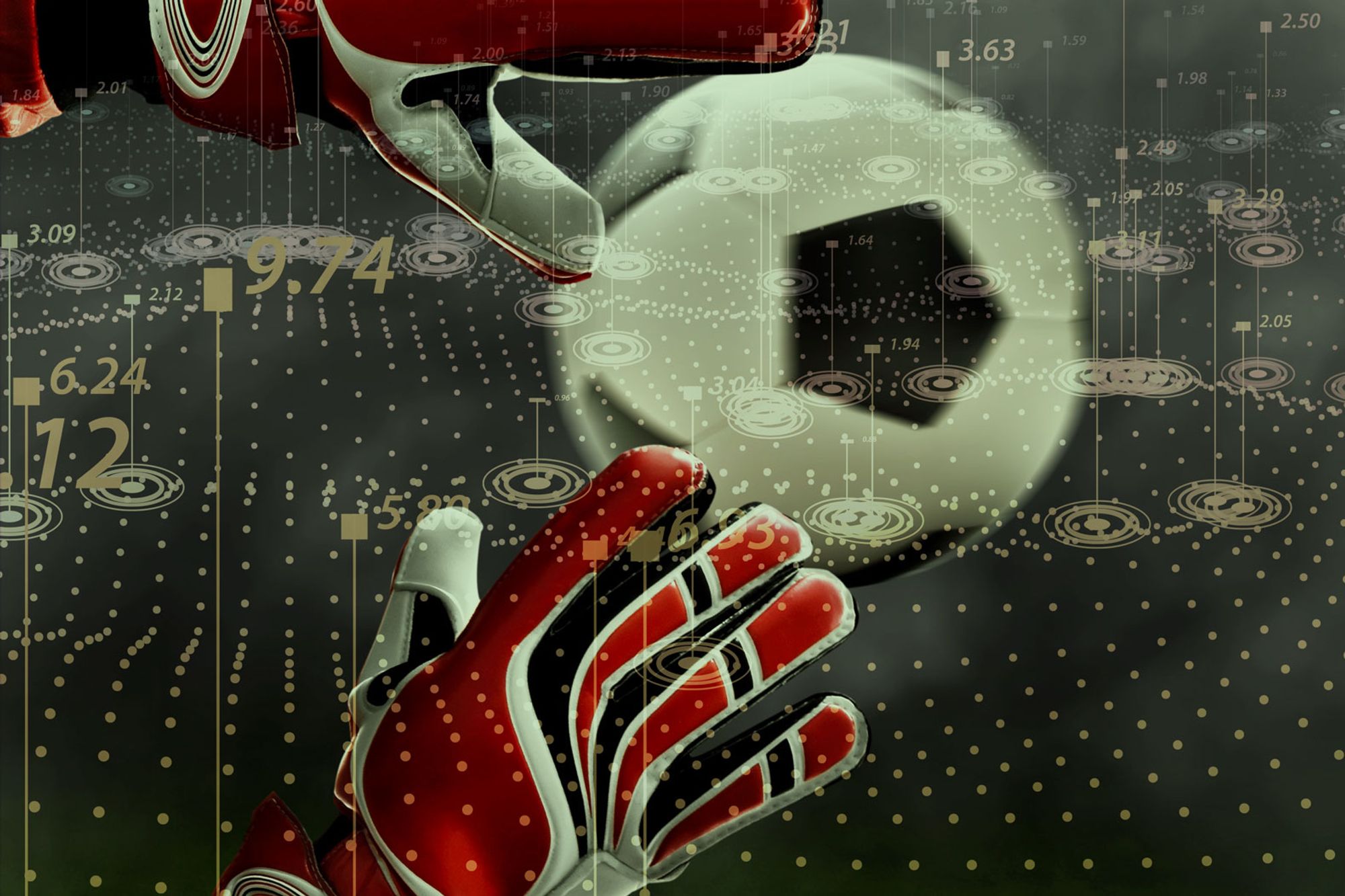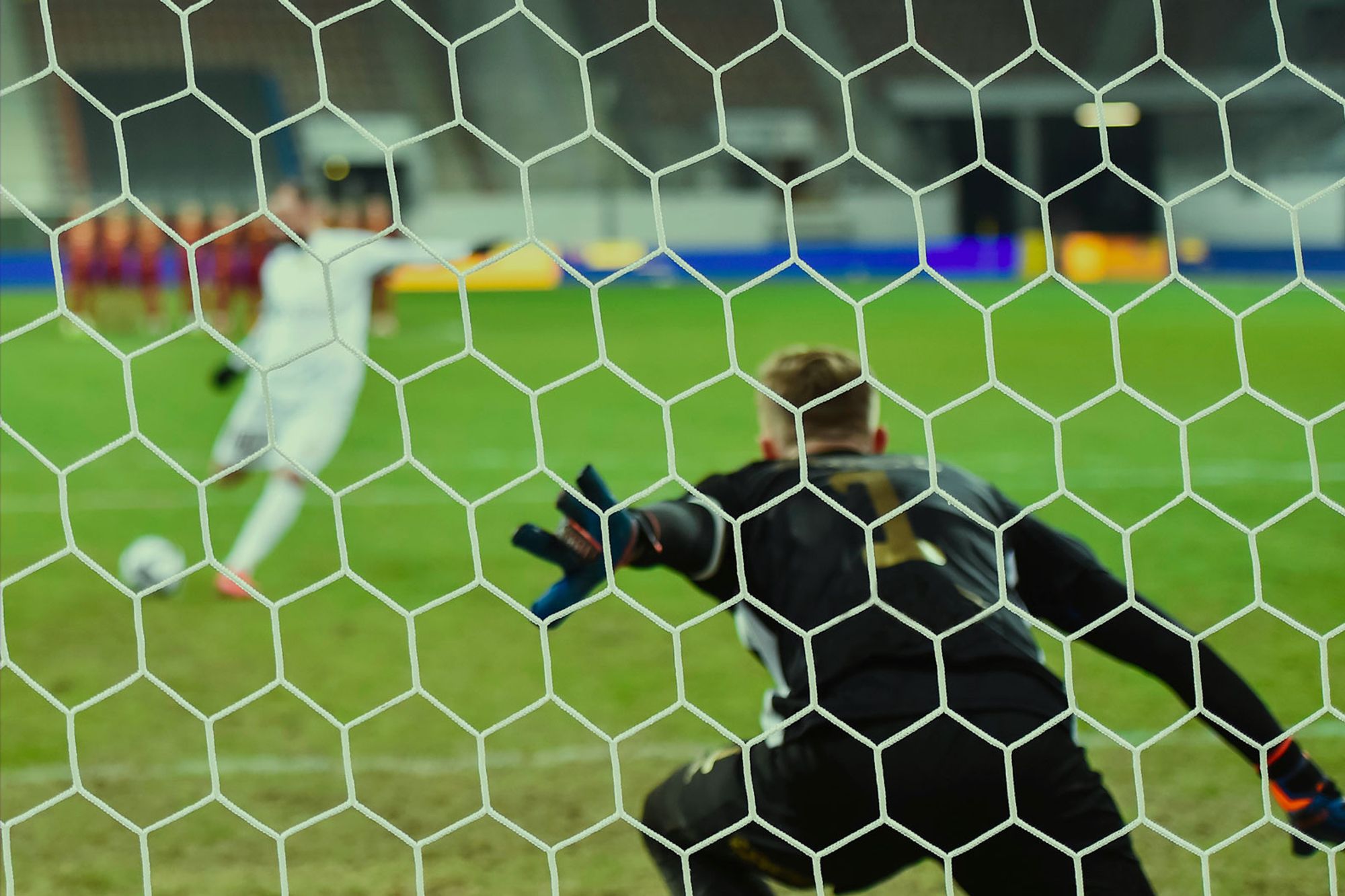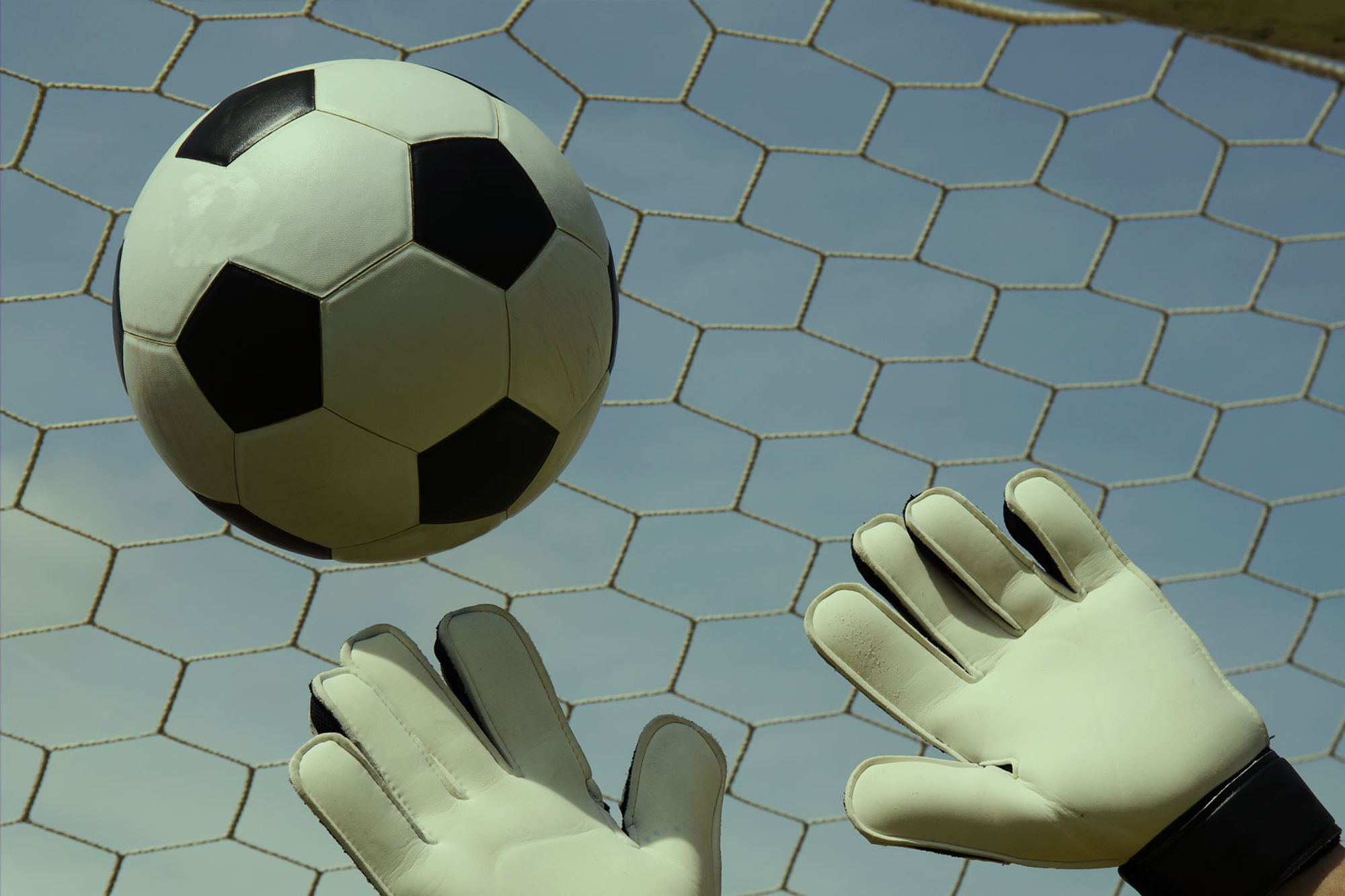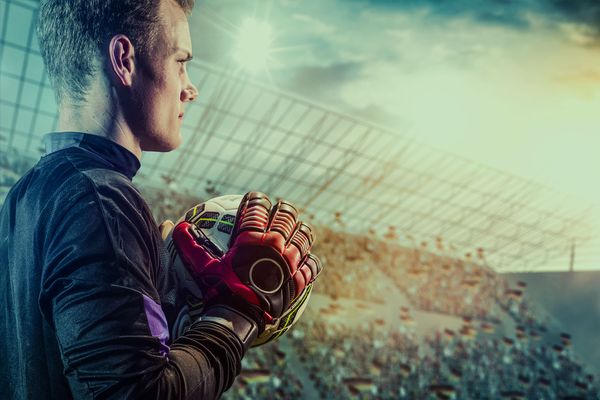The role of video analysis in goalkeeper development
Amine El Assouri, Keeper In Motion
Discover how video analysis is transforming the preparation and performance of goalkeepers. This indispensable tool helps coaches fine-tune their goalkeepers’ techniques and reflexes, offering detailed insights and precise feedback on every action. Whether you’re a coach looking to improve your training program or a goalkeeper aspiring to perfect your skills, video analysis is your indispensable ally. Explore its impact on the development of skills specific to this crucial role in modern soccer.
Video analysis basics for goalkeepers
Video analysis is now an essential component in goalkeeper training, enabling a detailed study of every move and decision made on the pitch. By filming training sessions and matches, coaches obtain a wealth of information that can be used to objectively criticize and build personalized development plans. This sophisticated tool helps not only to isolate mistakes, but also to celebrate successes, providing visual feedback that words alone cannot convey. Using advanced technologies such as motion capture and ball trajectory analysis, coaches can extract precise data on their goalkeepers’ reactivity, agility and technique, creating targeted learning opportunities that address specific challenges encountered during games.
Improving goalkeeping techniques with video
Technical improvement for goalkeepers via video-analysis starts with breaking down each action into easy-to-analyze segments. This method enables coaches to highlight subtle errors in posture, movement or timing that might otherwise go unnoticed. For example, a coach can show a goalkeeper how a slight adjustment in positioning can significantly increase his chances of stopping a powerful shot. What’s more, this technology promotes a better understanding of opposing play patterns, enabling goalkeepers to predict and react more effectively to goal attempts. Video review sessions become interactive sessions where goalkeepers can concretely see the impact of their actions and understand how to modify their behavior for better future performance.
Training strategies based on video analysis
Integrating video analysis into training strategies offers goalkeeping coaches an effective way to simulate and review specific match situations. This method makes it possible to create customized scenarios that target particular weaknesses or develop special skills. For example, by reviewing sequences where a goalkeeper has been confronted with free kicks, coaches can adjust wall placement tactics and goalkeeper reactivity. In addition, this technology is often used to prepare goalkeepers for specific opponents, by analyzing shooter tendencies and adapting training methods to prepare goalkeepers psychologically and technically for what they are about to face.
Psychological and motivational impact of video-analysis
The use of video analysis is not limited to the technical and tactical aspects; it also plays a crucial role in improving the mental health and motivation of goalkeepers. Seeing their progress visually, as well as areas in need of improvement, contributes to increased self-esteem and motivation. Guards can visualize precisely how suggested adjustments improve their performance, reinforcing their commitment to personal development. What’s more, this technology creates a positive and supportive learning environment, where mistakes are seen as learning opportunities rather than failures, fostering a more positive and proactive approach to sports training.

